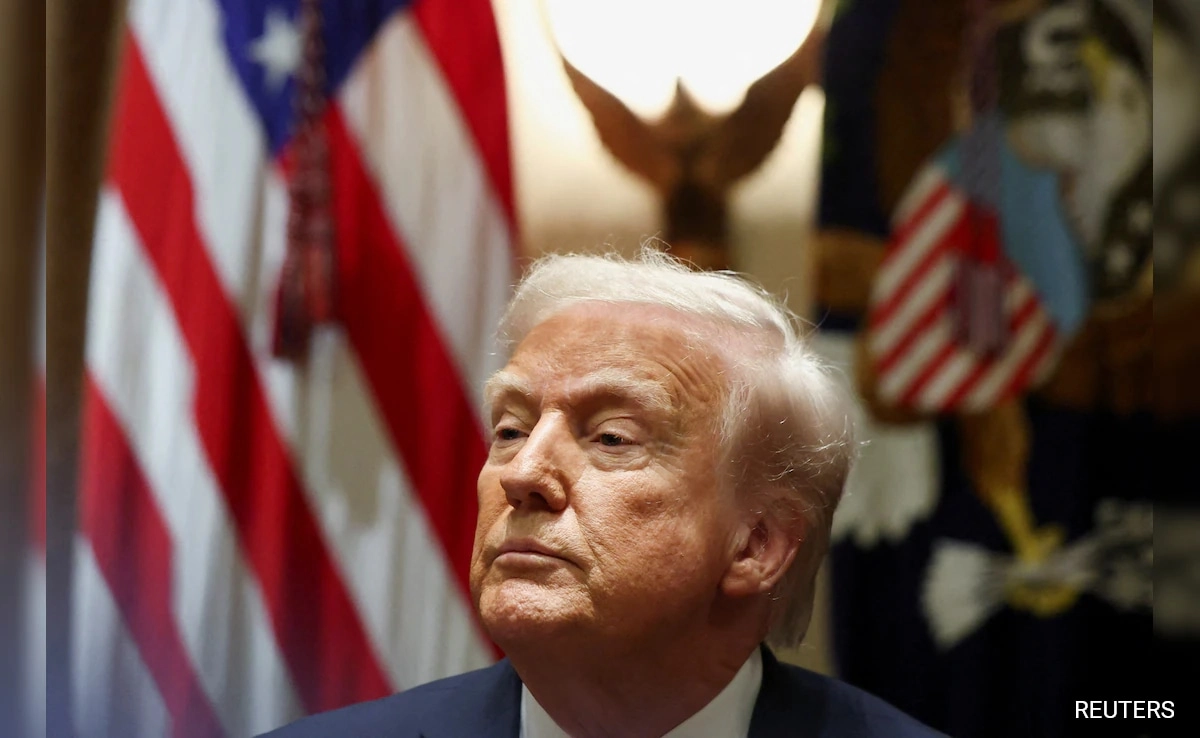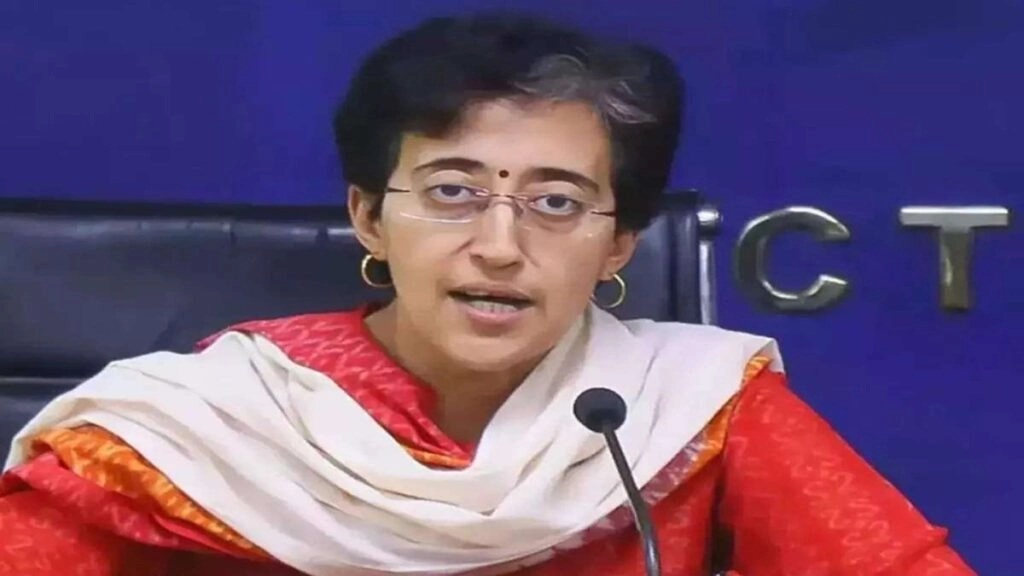In a significant address to Congress, former President Donald Trump declared that the United States is engaged in an “armed conflict” with drug cartels. This bold assertion reflects the escalating violence and the pervasive influence of these criminal organizations, which have increasingly posed threats not just to border security but to the safety of communities across the nation. Trump emphasized the importance of taking decisive action against these cartels, calling for enhanced military and law enforcement resources to combat the drug trade effectively. His remarks underscore a growing frustration with the opioid crisis and the flood of illicit drugs that have permeated American society, leading to a surge in addiction rates and related fatalities.
Trump’s statement comes at a time when lawmakers are grappling with how to address the multifaceted issue of drug trafficking. The ongoing battle against drug cartels, particularly those operating across the U.S.-Mexico border, has highlighted the need for a comprehensive strategy that not only focuses on enforcement but also on prevention and rehabilitation. Trump urged Congress to prioritize funding for initiatives aimed at dismantling the infrastructure of these cartels, which he described as “terrorist organizations” that exploit vulnerable populations and undermine the rule of law. This framing of the issue reflects a shift in how policymakers view the drug crisis, moving towards a more militarized approach to dealing with drug-related violence.
Moreover, Trump’s call to action resonates with many communities that have been deeply affected by the ramifications of cartel operations, including rampant drug abuse and violence. The social and economic toll of the drug trade is profound, impacting families and neighborhoods across the country. By declaring an “armed conflict,” Trump is drawing attention to the urgent need for a coordinated response that includes not only law enforcement but also community support systems. This comprehensive approach could involve collaboration between federal, state, and local agencies to ensure a more robust response to the challenges posed by drug cartels.
While Trump’s remarks may stir political debate, they also highlight a critical issue that transcends party lines. The ongoing struggle against drug cartels requires a united front from lawmakers to craft effective policies that address both the symptoms and root causes of drug abuse. As the U.S. continues to grapple with the consequences of the drug epidemic, it remains essential for Congress to engage in meaningful dialogue and legislative action that prioritizes public health and safety. The path forward will necessitate innovative solutions that not only target criminal enterprises but also foster community resilience and support for those affected by addiction. The declaration of an armed conflict serves as a rallying cry for comprehensive action against a persistent and evolving threat to American society.




